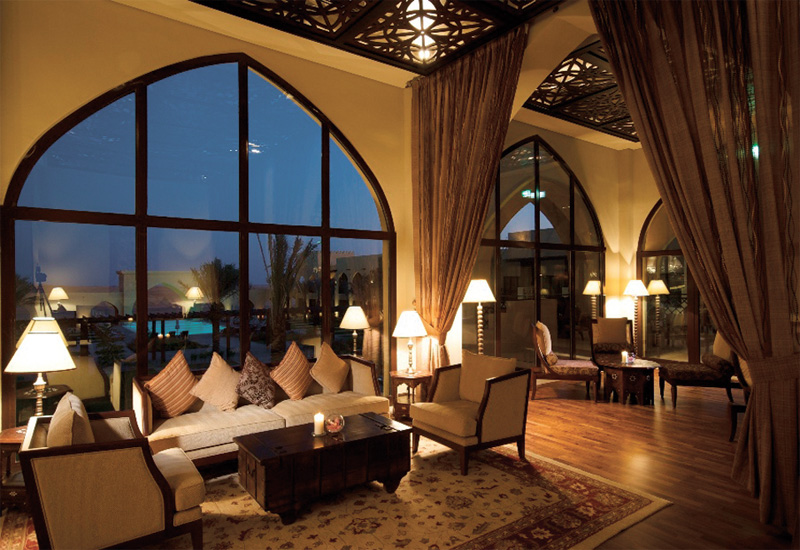Advancements in revenue management are finally making their way to the Middle East, as hoteliers increasingly prioritise dynamic direct sales. Hotelier reviews the historic challenges, current trends and analyses how to choose the best system for your property
Once the domain of chain hotels and luxury properties in North America and Europe, the concept of revenue management has since swept the hospitality world, reaching the Middle East a few years ago. Many have jumped on the bandwagon, finding the road to maximum margins and rocketing RevPAR figures.
In mature markets, revenue management has been an established part of the hotel industry for well over a decade now, and while the Middle East has followed suit, it is still “lagging behind”, says ResNet World’s managing director Saahil Mehta, having “only been considered seriously post the economic crash of 2008”.

| Advertisement |
However, adds Micros Fidelio’s senior director of consultancy services, Linda Vallner, there is an “increased interest” for its products, indicating that “there is an awareness in the region that knowledge of revenue management is needed and that in the competitive markets, everyone operating in automation to a certain degree is a must”.
Vallner also says that while it is generally perceived that high-end luxury hotels would make the transition first, “the budget and mid-market hotels have been faster to embrace revenue management in the Middle East than the independent up-market hotels have been”.
Agreeing, Ayman Ashor, general manager at Tilal Liwa Hotel, a four-star desert hotel in Abu Dhabi from Danat, says: “As multinational brands continue to flood into the region and establish themselves with several new properties, revenue management grows in importance and is gaining more recognition in the hotel organisational structure.
“Where once the prestige of full hotel occupancy was paramount, we now see this western model of increased RevPAR and integrated total revenue management strategies as the emerging focus,” Ashor adds.
He says this is due to “the massive increase in hotel inventory – particularly in Dubai – which has seen the emphasis shift from simple sales strategies to an integrated revenue and sales approach more in line with the US and Europe”.
“The concept of dynamic pricing in the form of best available rate (BAR) is something that a growing number of hotels are now following closely,” says Fabian Specht, managing director of IDeaS Revenue Solutions Europe, Middle East and Africa.
“This often leads to an understanding and appreciation of what wider revenue management practices can do for their organisations.”
Ashor says that Tilal Liwa is currently carrying out BAR testing, and it is proving to be a successful strategy. “BAR prices monitor changes in our bookings. Based on the response we know what the market is willing to pay for a room at our hotel.”
Article continues on next page ...









 Search our database of more than 2,700 industry companies
Search our database of more than 2,700 industry companies









